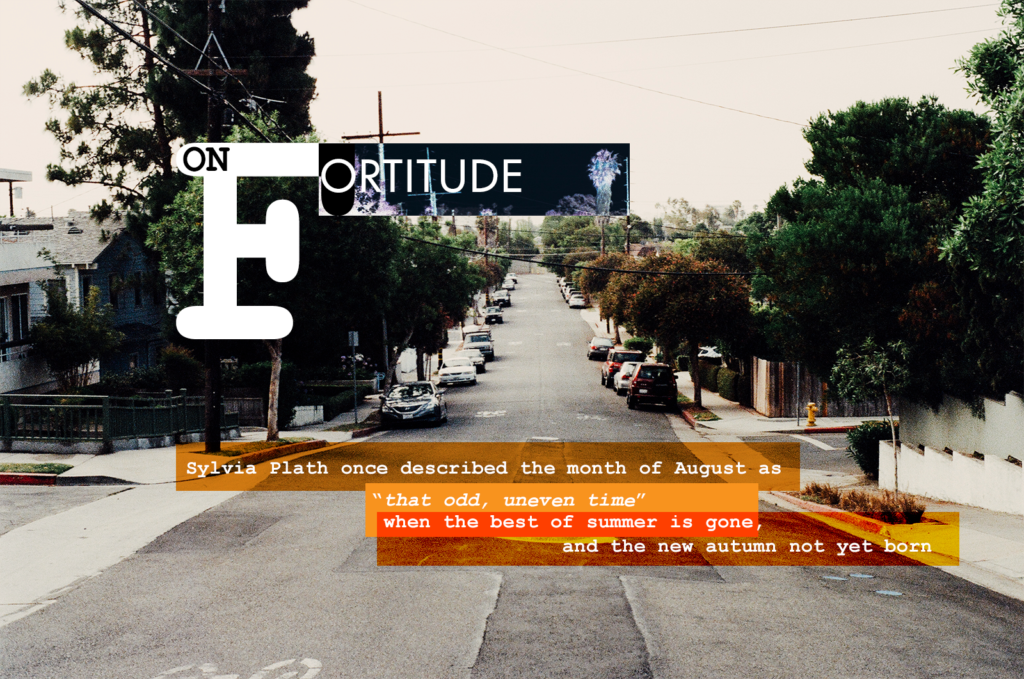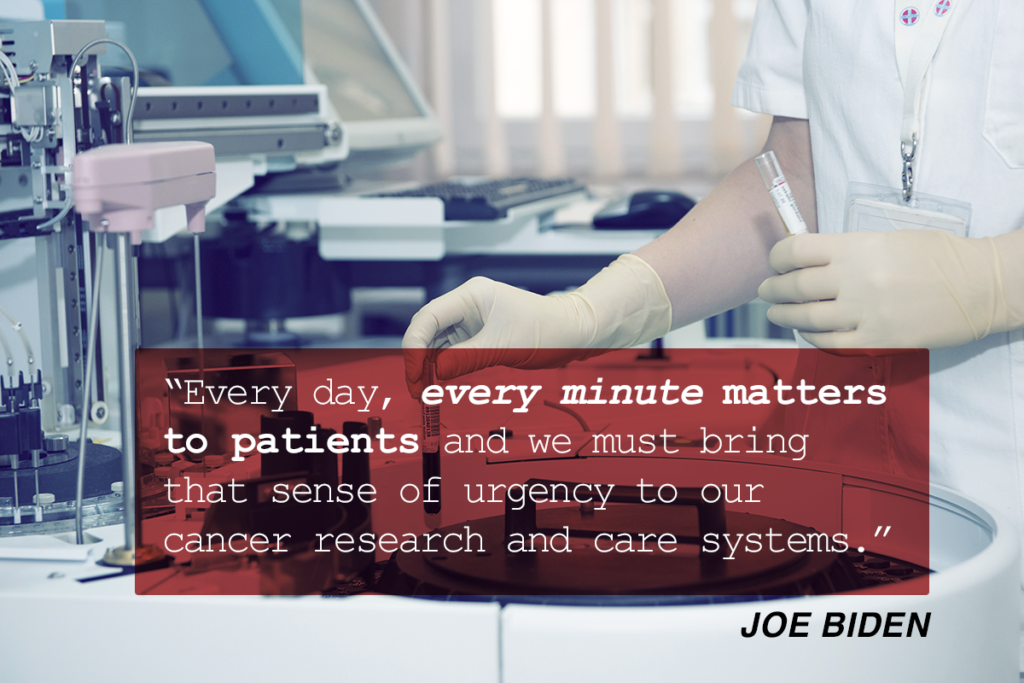On Fortitude


Sylvia Plath once described the month of August as “that odd, uneven time” when the best of summer is gone, and the new autumn not yet born. I face each August with a similar wistfulness, a sense of both beginnings and endings. For me, the month of August is always happily anticipated  as my son was born August 23rd. To me, that is the most important day of my life, but every August he is one year older and a little more independent, so joy is mixed with melancholy, a kind of limbo, happiness fraught with trepidation. This sense of limbo leads to a feeling of it being an uneven time.
as my son was born August 23rd. To me, that is the most important day of my life, but every August he is one year older and a little more independent, so joy is mixed with melancholy, a kind of limbo, happiness fraught with trepidation. This sense of limbo leads to a feeling of it being an uneven time.
Sadly, as July comes to a close, and August rolls in, the limbo in which we as a nation find ourselves in terms of healthcare coverage is disheartening. If the Affordable Care Act were to be immediately repealed with no replacement up to 30 million could lose their health insurance. Do we as a country want to go backwards? Is no healthcare better than a flawed attempt at health equity?
Of course, as the CEO of a Federally Qualified Health Center this is both a personal and professional cause. I take the care of my community quite seriously and personally. But there is more to it than empathy and a sense of social justice. My own mother died as a result of an inadequate healthcare system. And currently, I know two people fighting for their lives against the specter of cancer. There’s no one right thing to say when someone gets diagnosed with cancer. Cancer occurs at this microscopic cellular level whereby some cells decide to go rogue and hog up the body’s shared resources, replicating again and again.
We don’t know how any cancer patient’s life will unfold. What will become of any one of us is not ours to know. All that any of us can do is try to live today as best we can, with kindness and compassion for our fellow human beings.
It’s a simple formula, as expressed by the Dalai Lama: “If you want others to be happy, practice compassion. If you want to be happy, practice compassion”. If only our national leaders would take such a message to heart.
We as a nation are not blind to how precarious our health and our access to treatment is as exemplified in a rare moment of national bipartisanship where we saw an outpouring of heartfelt wishes to Senator John McCain who was recently diagnosed with brain cancer. I teared up at president Obama’s tweet in which he said “Cancer doesn’t know what it’s up against. Give it hell, John.” I myself tweeted out my best wishes to the Senator noting that I long for the day where we beat back cancer. As questions arose about whether or not Senator McCain would be healthy enough to vote on the pending ACA repeal and replacement legislation, the irony was not lost on any of us that his vote could determine whether as many as 30 million of his fellow citizens might be able to receive similar care should they find themselves in similar circumstances.
In his 2016 State of the Union address, President Obama called on Vice President Biden to lead a new, national “Cancer Moonshot” to dramatically accelerate efforts to prevent, diagnose, and treat cancer — to achieve a decade of progress in five years. Biden took this seriously, observing, “Every day, every minute matters to patients and we must bring that sense of urgency to our cancer research and care systems.” But curing cancer is not just about finding medical treatments to combat it, rather also about using our public health system to encourage screening, early diagnosis, and prevention.

I feel really angry at the disease for taking away so many people. For leaving so many without a parent. For leaving so many wondering about the fragility of life. I want to say that we have to fight this. But in reviewing countless statements of cancer survivors, I have been humbled to note that we shouldn’t call this a war or a battle, per Barbara Ehrenreich, who said “I would never call myself a cancer survivor because I think it devalues those who do not survive. There’s this whole mythology that people bravely battle their cancer and then they become survivors. Well, the ones who don’t survive may be just as brave, just as courageous, wonderful people.”
I just hope that we can all be courageous going forward to keep fighting for health equity remembering that at the end of the day we should never rob anyone of their dignity and healthcare is one part of that dignity.
